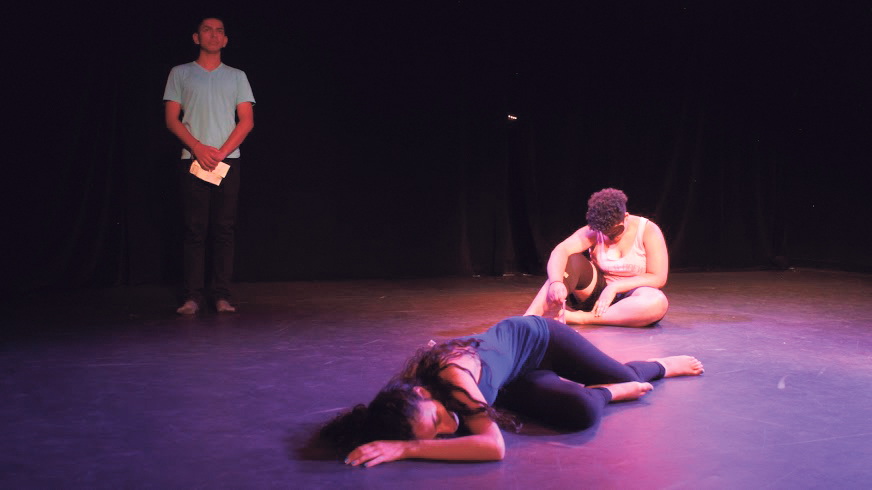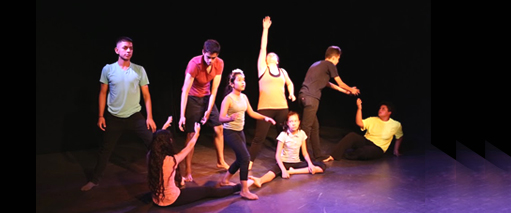Culture Shock: Theater For Social Change
Working Classroom Empowers People On Stage And Behind The Scenes


Carlos Gabaldon
Latest Article|September 3, 2020|Free
::Making Grown Men Cry Since 1992


Carlos Gabaldon


